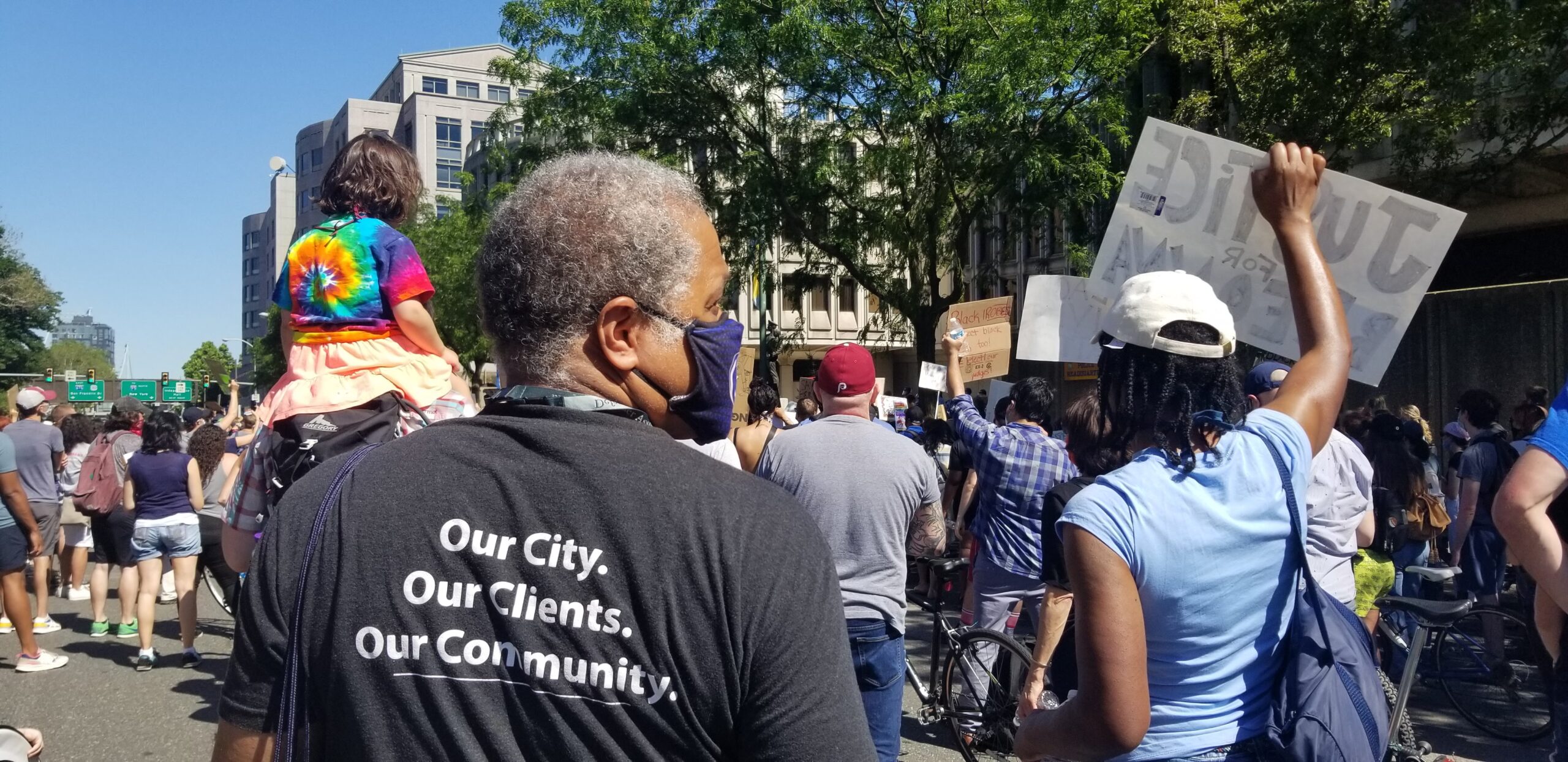“Probation detainers” are the largest driver of Philadelphia’s jail population. What are detainers? If someone on probation is charged with a new crime or even something as trivial as missing several appointments with their probation officer, they will likely have a probation detainer lodged. This detainer prevents them from being released even if they can afford their bail or would be released otherwise. They are often stuck in jail until their new case is resolved, a process that can take months. These detainers are often lodged directly by probation officers contacting court staff without a hearing or formal warrant issued by a judge.
While Philadelphia’s courts have issued a new rule on detainers, the new rule does little to prevent individuals from being jailed despite being presumably innocent. The Defender remains deeply concerned with how, when, and why detainers are used and continues to fight to deeply curtail and ultimately end their usage.











